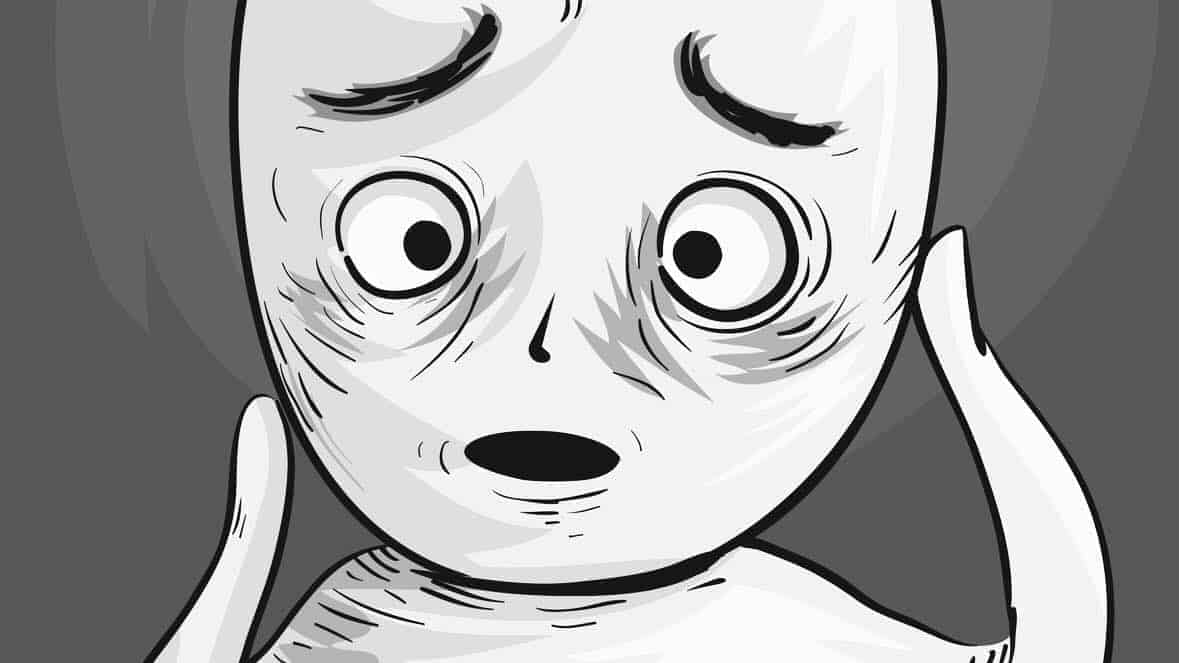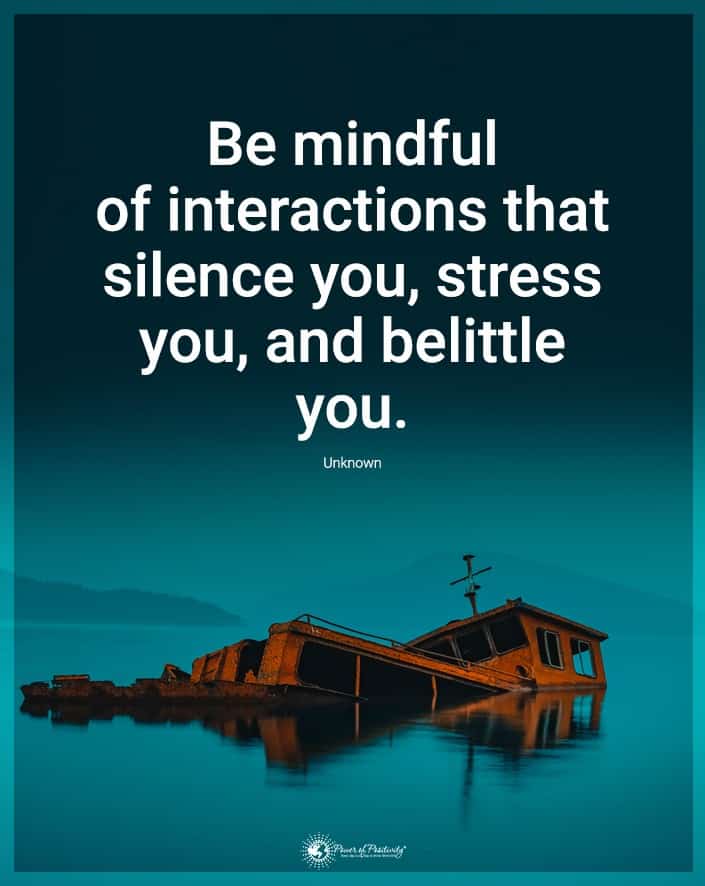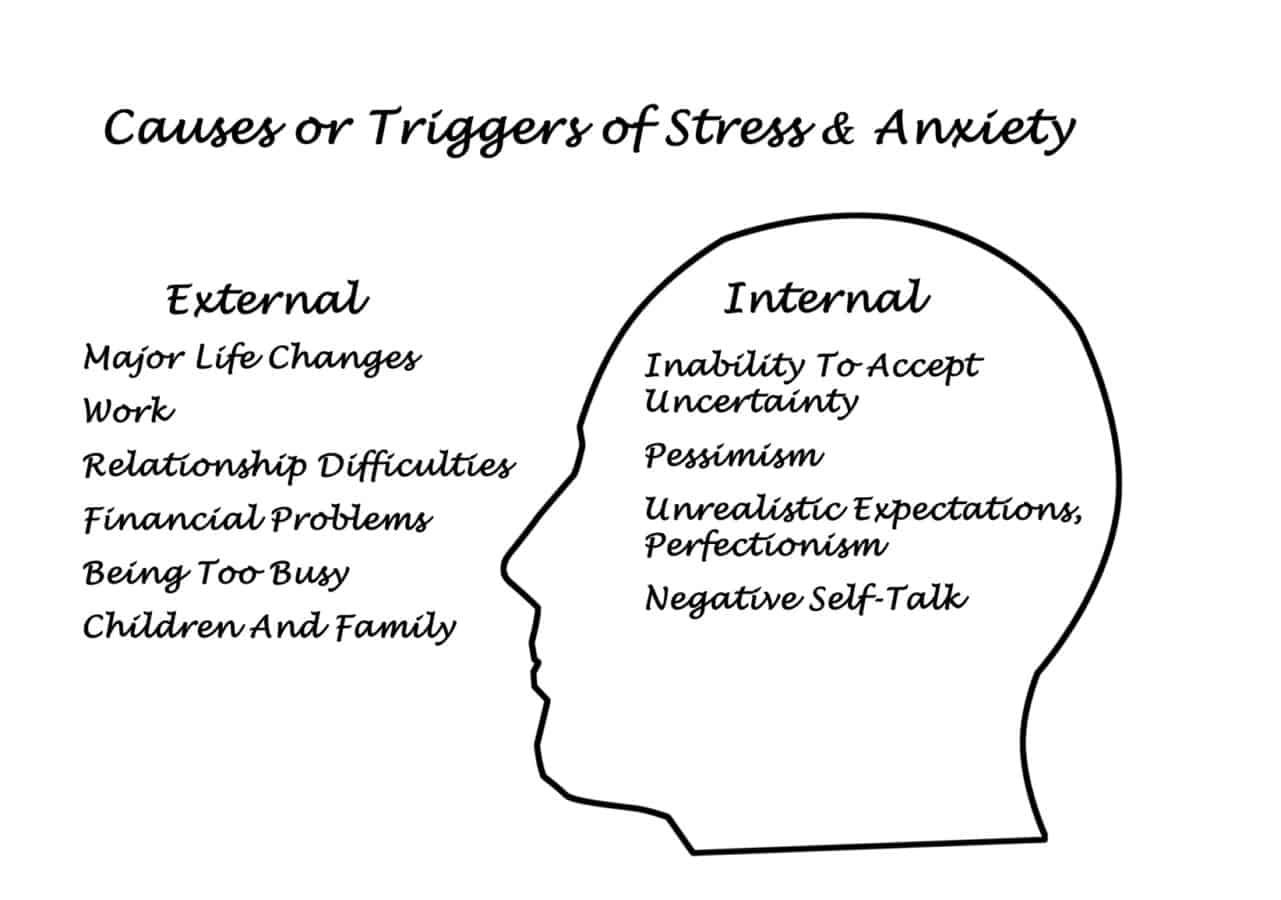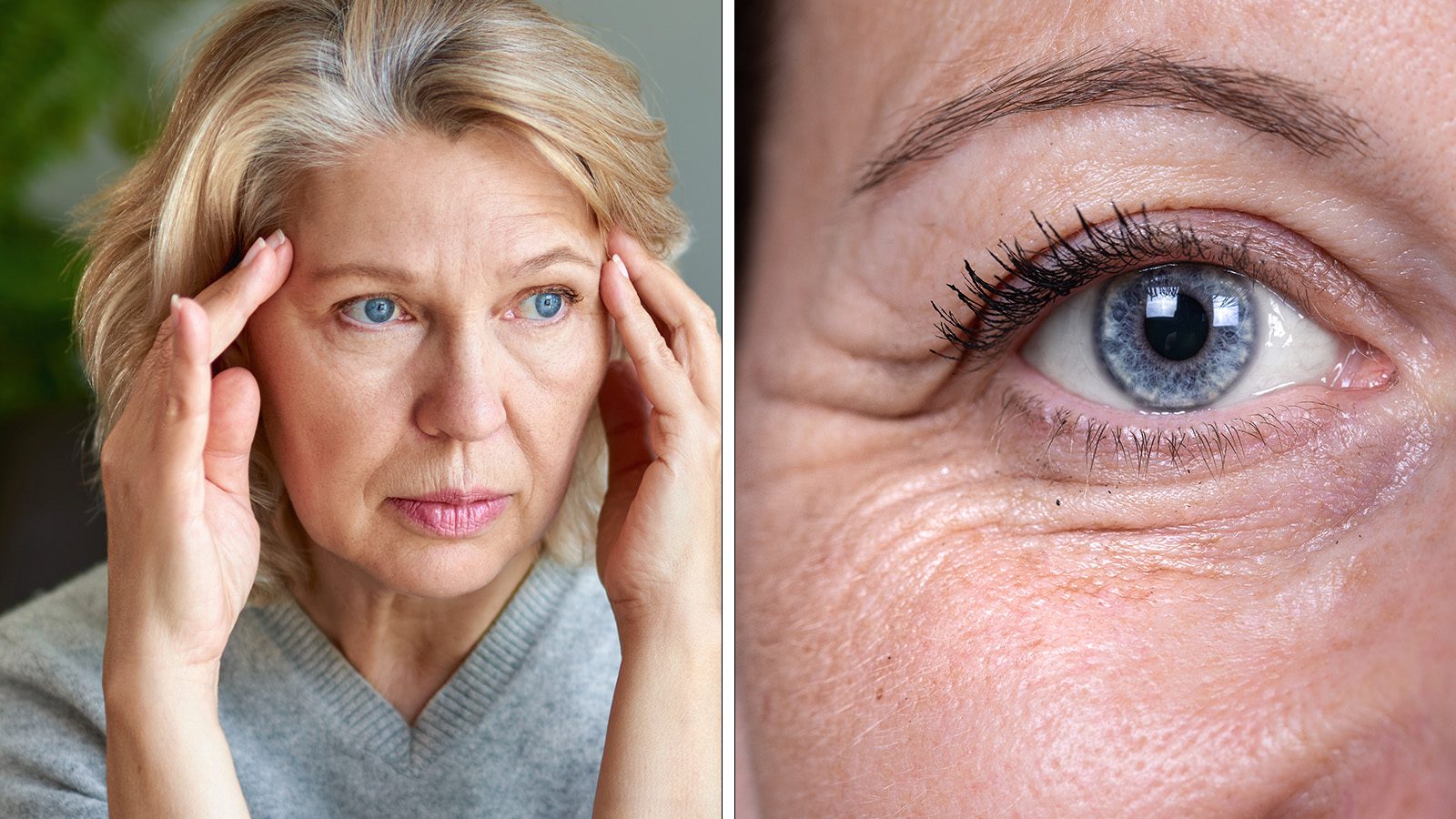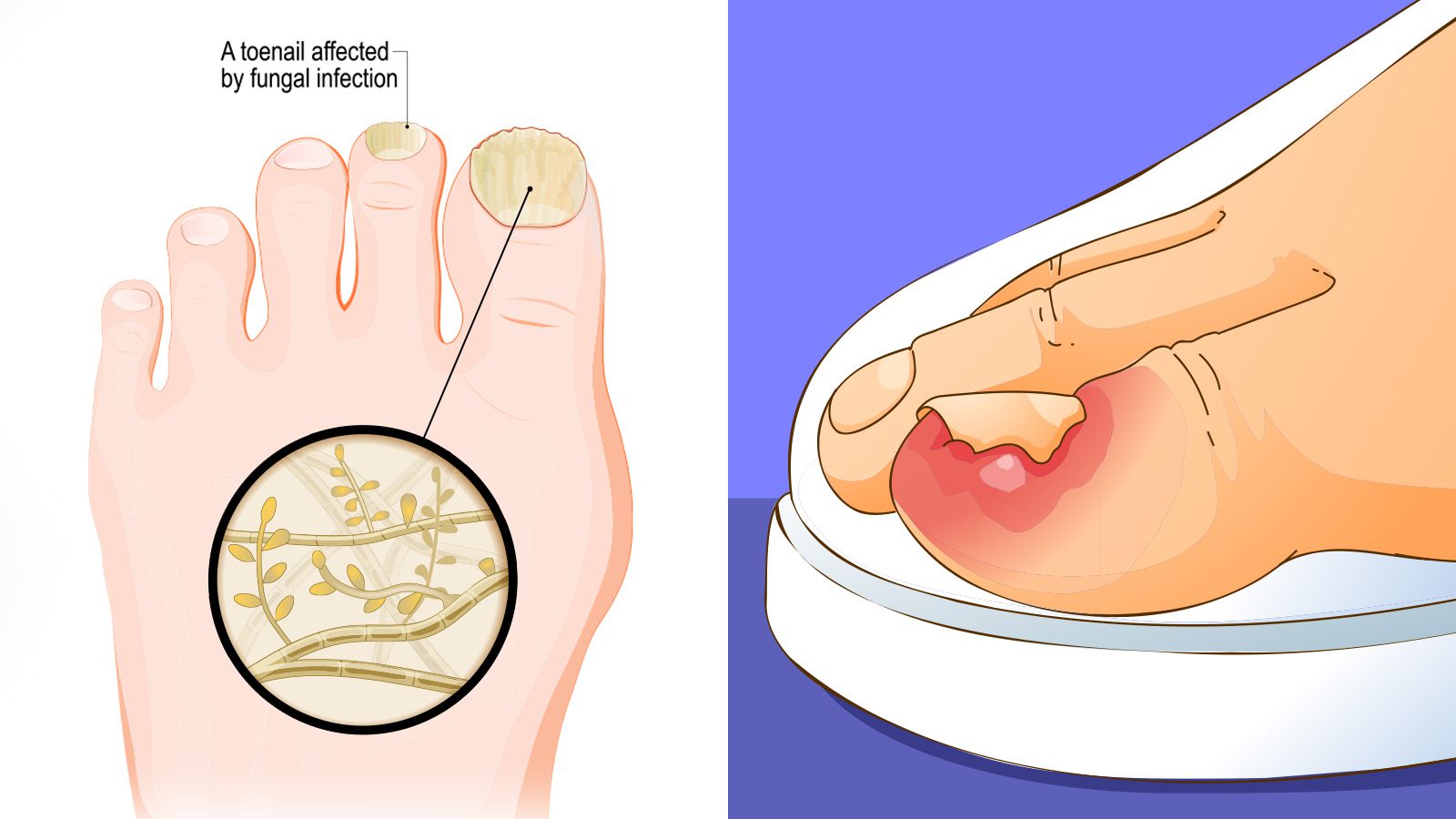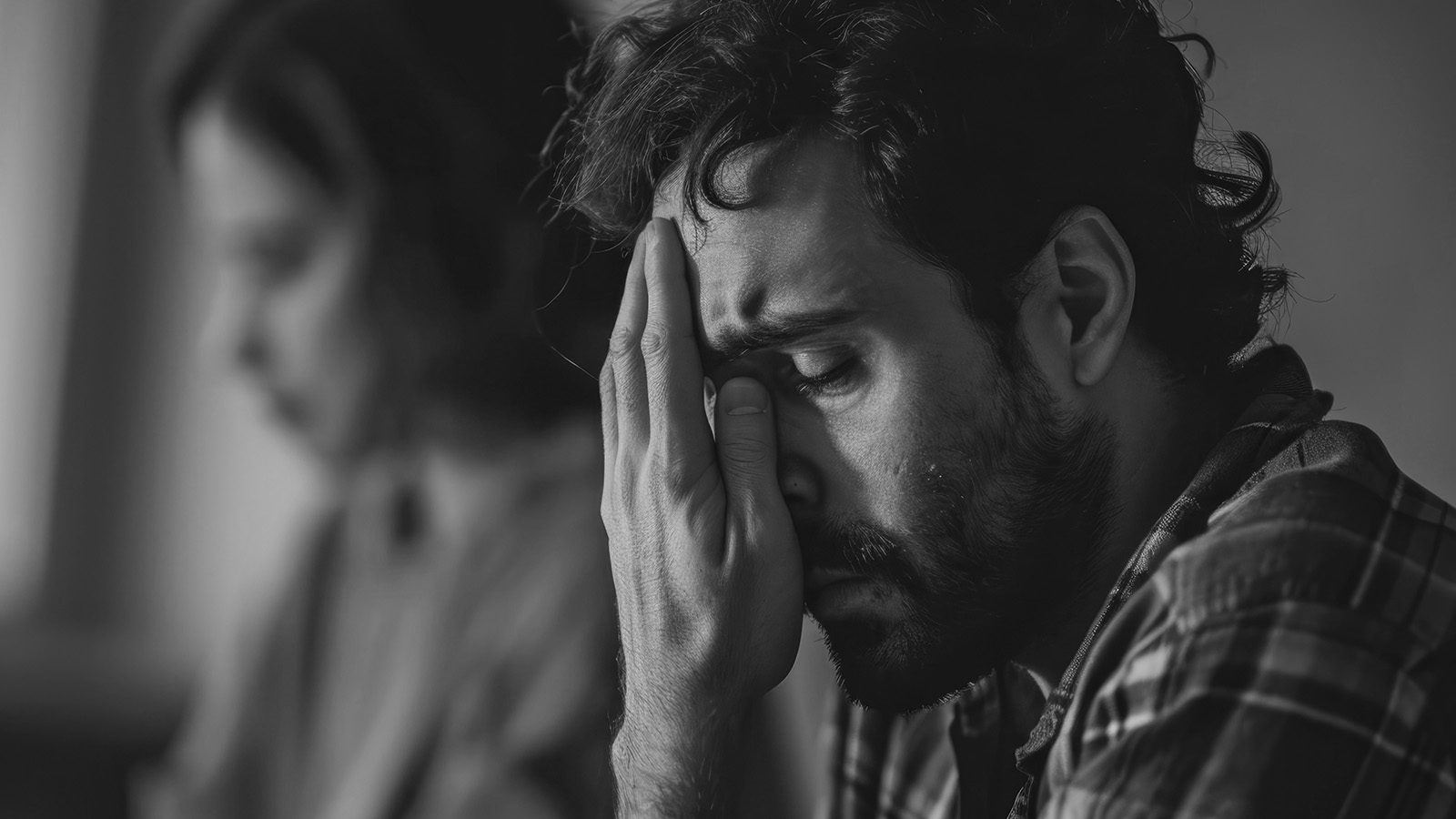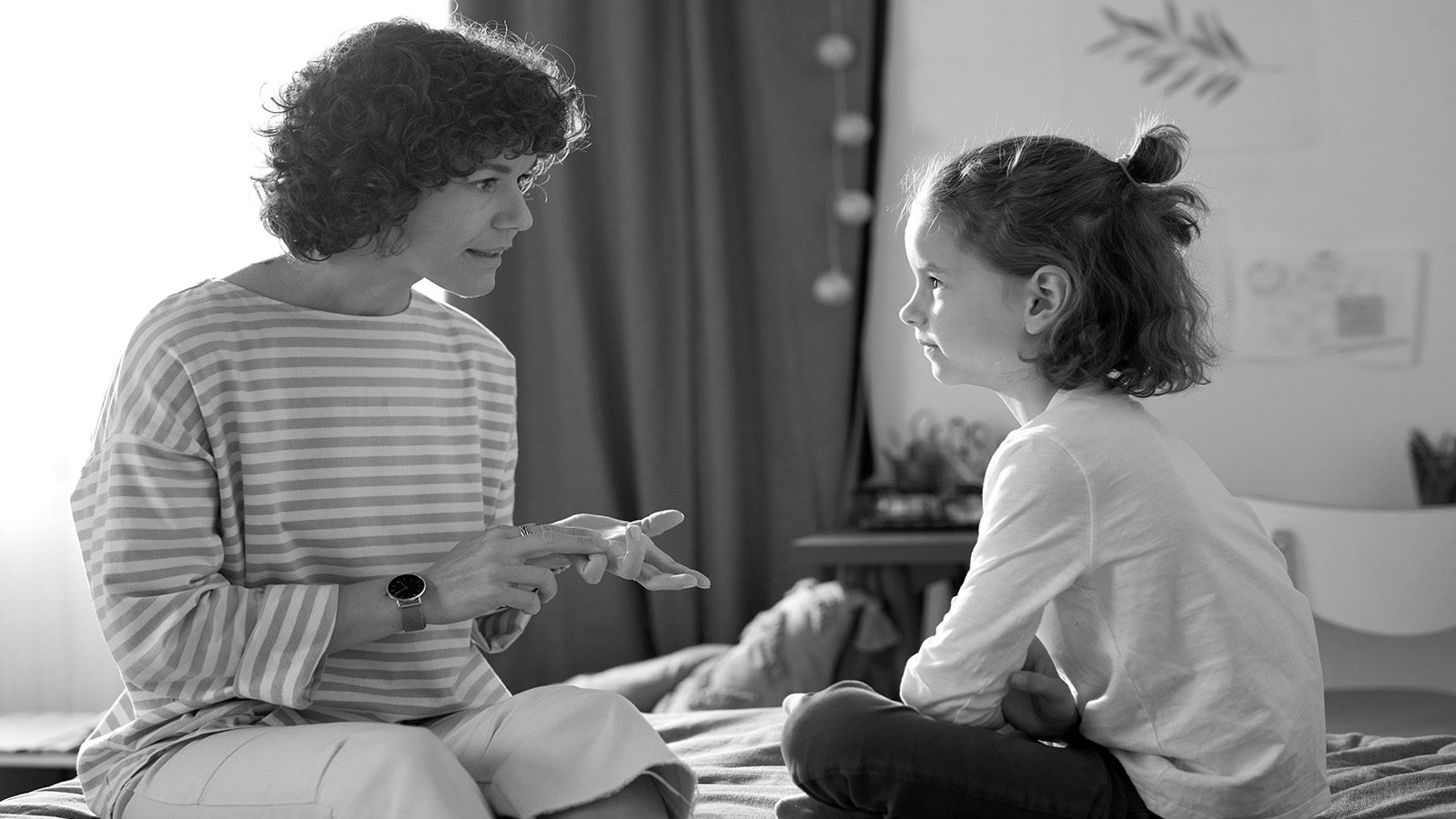So what triggers this disorder? How can we overcome it? What can we do to help ourselves feel better? These answers, along with natural ways to regain your health from anxiety are included in this list to provide solutions, as well as awareness…
Here are 10 things that can trigger anxiety (and how to avoid them):
1. Overthinking
When we overthink we create emotional problems. We make up scenarios that aren’t even there. Overthinking creates fear in the future. When we stress over things we alter our emotional stability. Usually, this happens in the middle of the night when we cannot sleep.
This is a good time to try and meditate. Take deep breaths and relax your body. Focus on something joyful.
2. Finances
Nothing causes more stress and anxiety than worrying about money. Unfortunately, in the middle of worrying about money some people go spend more. The fear of not having enough is constant in our lives. Many times we avoid dealing with the finances which makes the issue even worse. Also, an increase in financial obligations causes a tremendous amount of anxiety.
Get help with your finances. Talk to your partner. Make a budget. The worst thing you can do is avoid the issue or ignore it. Also, overanalyzing isn’t going to help the situation.
3. Uncertainty
Fear of the unknown is a huge trigger for anxiety. Trying to make decisions without foreseeing the outcome lets us feel helpless. Social media and the news magnify this. People fear attacks, catastrophic events, and death which are overplayed on television. We are constantly bombarded by negative input from the external world.
Turn off the news. Detach from what’s happening out there and focus on your life. The world has always had bad things happen but we cannot live based on unknown fears of the future. Yoga, hiking, swimming, and other activities can help us refocus on what’s essential in our lives.
4. Confrontations
The fear of confronting someone about how you feel is huge. Some of us do not take criticism and prejudice lightly. Confrontations can be a trigger to anxiety disorder. Avoiding the person increases the fear even more.
Write a letter to the person. Send a text. You do not have to live in fear of another person’s attitude. That’s all on them. You don’t have to own their issues. Setting boundaries is never easy but in the long run, it helps you deal with the person in a healthy manner.
5. Work
Being unhappy with your work can cause anxiety and depression. If you’ve lost your job that can bring about tremendous fears. Work is an important part of our adult life. We must work to sustain our lifestyle. When we are stressed at work we begin to allow it to bleed into other aspects of our lives. Relationships get affected. Our health is compromised.
It’s easy to tell someone to find another job. But, it’s not always easy finding another job. Minimizing your anxiety about work requires being honest with what you are doing. Do you like what you do? What could you be doing? Follow your heart. Talk to a therapist or a job counselor. Find out what matches your aptitude. We spend more time at work than home, so prioritize that.
6. Losing control
Fear arrives when we feel we have lost control. The reality is that we have little control over anything in our lives. We don’t know when we will die. We don’t know how we will survive. Indeed, we only know this very moment. Anxiety disorder feeds on all our fears. Any phobias become magnified and we cannot let them go. Control is one of those irrational triggers that cannot be ignored when you suffer from anxiety. In fearing that if you can’t manage the control of future events something worst will happen is paralyzing.
It’s important to accept that control is not real. Medication for anxiety disorder helps with the obsession of control. Exercise also helps. Being in nature and getting out of your own way also helps puts things in perspective.
7. Aging
The fear of getting old is constant. You cannot stop aging. The moment you are born you begin the aging process. But, some people have anxiety about this fact of life. They will do everything possible not to get old, from surgeries to transforming their lives. They will date people younger than them to feel young or buy creams and inject Botox to look younger. The reality is that it’s unavoidable. Aging is non-stoppable.
You can continue to eat healthily and take care of your body. The minute you release the fears of getting older you are free. It’s paralyzing to pretend that aging isn’t happening.
8. Meeting new people
We aren’t alone on this journey. We see people every day, at a supermarket, in the streets, or at work. It’s very difficult to hide from what’s fully present in our world. Meeting new people triggers anxiety in many people. They have no problem moving through life with little interaction. But, we learn from each other. Usually the anxiety arrives when you know you have to meet the person, but once you move past the initial moment it’s okay.
Remember that once you meet a new person you are enriched by what they teach you. Do some visualization exercises before meeting anyone. Send light to that person and become aware that they are here to teach you something, sometimes in the smallest of ways.
9. Relationships
Relationships can be difficult especially if you are in the wrong one. Anxiety and fear take over. It’s hard to let go when you are worrying about that other person. Love isn’t difficult. If you are feeling constant anxiety with that person please be aware that your own intuition is guiding you. Perhaps this person is not for you.
Honor your feelings. Make a plan and get help. If you are in an abusive relationship, please remember there are many venues to find assistance. You do not have to endure this alone.
10. Illnesses
The unknown of illnesses is enough to push anyone over the edge. Anxiety becomes the monster that walks alongside you through these times. Whether you are ill, or someone near you, it is still stricken by the uncertainty of the future. Illnesses are challenging and truly debilitating. Dr. Elisabeth Kubler, a Swiss psychiatrist, first implemented the Five Stages of Grief in 1969, explaining emotions that most people experienced during grief. There is no real order to them: denial, anger, bargaining, depression, and acceptance. When we are ill we truly forget what it was not to be sick.
Life-challenging situations require assistance from others. Meditation or any preferred form of prayer are healthy ways of centering your spirit, but ultimately, these times require others to help. Vulnerability is courageous. There is nothing to be ashamed of.
In one form or another, anxiety is part of life. We worry, we stress, and we get depressed. We are humans. What needs to be addressed is how to reduce those things that trigger the worst of fears in us. Life is fragile, and you should not have to do it alone.

